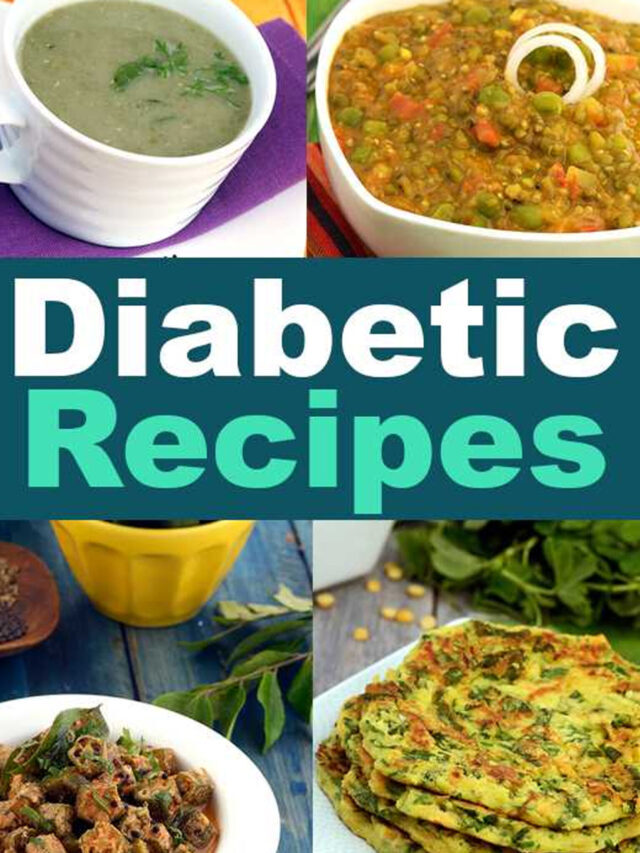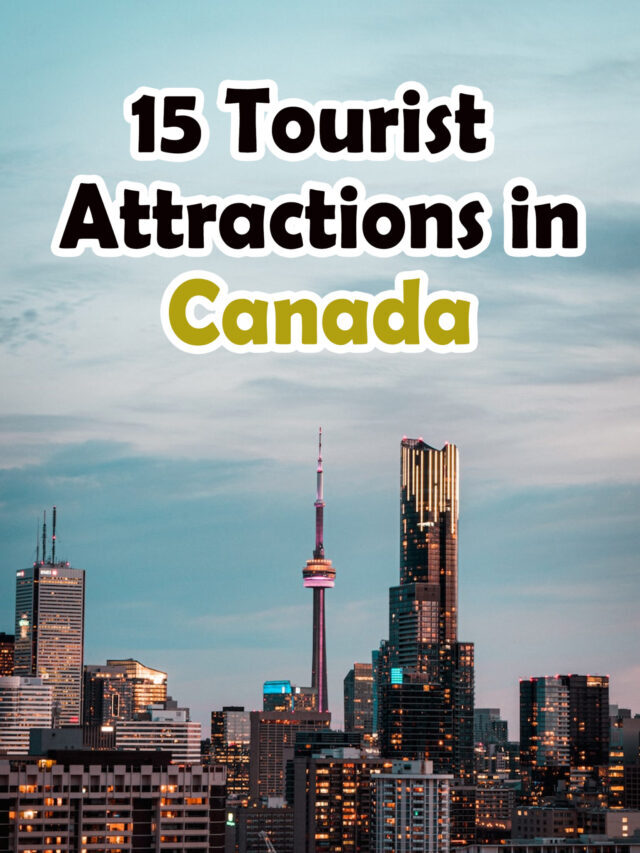6 BRAIN FOODS KEEP YOUR KIDS SHARP
Easy Breakfast Ideas Diabetes Person
Eating Habits That Can Trigger Insomnia
You’re laying there, staring at the clock, waiting for sleep to set in, but for some reason, you just can’t seem to wind down. Was it something you ate? Possibly. There’s definitely a connection between your diet and your nighttime rest. A variety of eating habits can trigger an episode of insomnia—or even create chronic sleep problems.
1. Overdoing it on caffeine

No surprise here! Caffeine is notorious for its stimulant effects. This natural substance—found in coffee, tea, soda, chocolate, certain supplements, and various other products—blocks the brain’s receptors for adenosine, a chemical that promotes sleep. Overconsuming caffeine throughout the day (or eating and drinking caffeine-containing foods and drinks too close to bedtime) is a recipe for nighttime wakefulness.
2. Indulging in energy drinks
Not all pick-me-up drinks are caffeinated. Some, like certain herbal energy drinks, contain other substances designed to perk you up. While this can be a boon during the afternoon slump, it’s not such a great idea as bedtime nears, as (like caffeine) they can keep you bright-eyed and bushy-tailed when you’d really rather sleep.
3. Eating spicy foods before bed
There’s nothing wrong with the occasional midnight snack. But, for better rest, just don’t make it a taco or a curry. Eating spicy foods can cause heartburn at any time, but especially when you lie down. Without gravity to keep stomach acid in place, it travels more easily up the esophagus, leading to pain, sour belches, and indigestion of GERD (gastroesophageal reflux disease).
4. Eating too much saturated fat
According to 2020 research that reviewed multiple such studies, high saturated fat consumption during the day caused sleep quality to deteriorate at night. One study in the review found that people with a higher saturated fat diet were more likely to have frequent nighttime wakings and less restorative sleep overall.
5. Eating too many refined carbs
The likely explanation for the connection between refined carbs and poor sleep: these types of carbohydrates rapidly spike blood sugar. High blood sugar has consistently been linked with sleep disruptions like sleep apnea and general insomnia.
6. Not getting enough of certain nutrients
The best sleeping pill just might be a multivitamin. There’s a fascinating interplay between healthy sleep and the micronutrients in food. You may have heard magnesium recommended for shut-eye, but it’s not the only option in your micronutrient arsenal.







